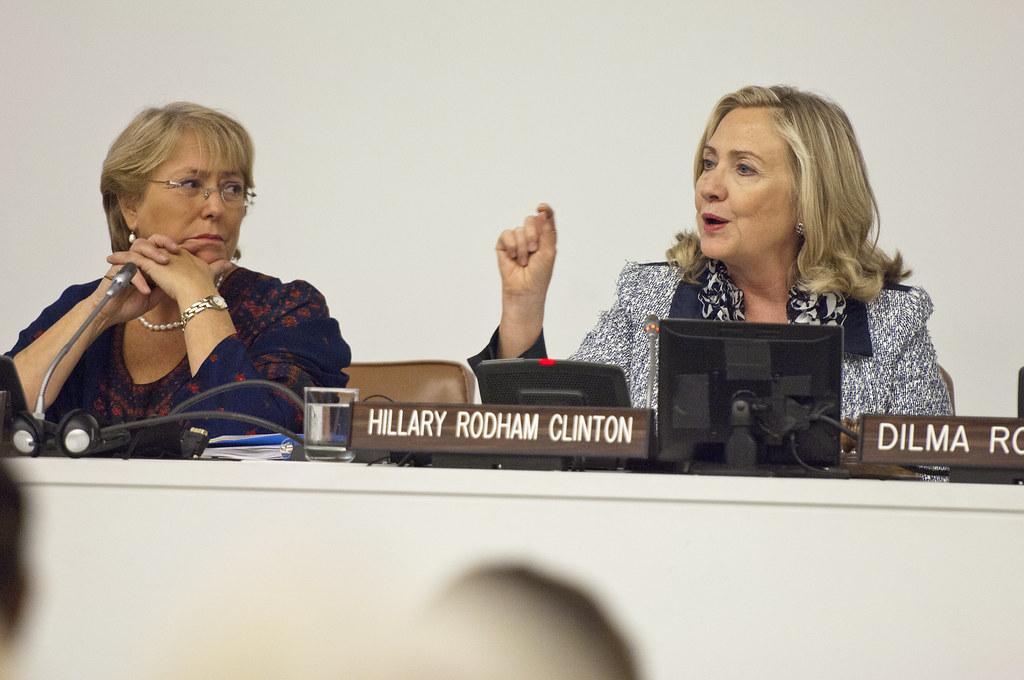
Breaking Boundaries: The Rise of Women Leaders in Global Politics
Introduction
The world of politics has traditionally been dominated by men. However, in recent years, there has been a dramatic shift with more women occupying key political positions. These women are breaking boundaries and reshaping the global political landscape. This article will delve into the rise of women leaders in global politics, their achievements, and the challenges they face.
Historical Strides in Women Leadership
Women’s involvement in politics stretches back centuries. Female rulers, such as Queen Victoria of England and Catherine the Great of Russia, are clear indicators of women’s historical influence in politics. Fast forward to the 20th and 21st centuries, and we see a surge in the number of women political leaders. Countries like New Zealand, Bangladesh, Germany, and Liberia have had women lead their nations, shattering gender stereotypes and paving the way for future generations of women leaders.
Remarkable Women Political Leaders of the 21st Century
A comprehensive analysis of the rise of women leaders in global politics wouldn’t be complete without acknowledging some notable women politicians who have excelled in leadership. Let’s delve into a few of these outstanding personalities:
- Angela Merkel: Serving as the Chancellor of Germany since 2005, Merkel has been one of the most influential women in global politics.
- Jacinda Ardern: She is New Zealand’s Prime Minister known for her effective leadership, particularly during the COVID-19 pandemic.
- Kamala Harris: She made history as the first female Vice President of the United States and the highest-ranking female official in U.S. history.
Global Progress and Current Statistics
While strides have been made, there is still a long way to go. According to data from the Inter-Parliamentary Union, as of 2021, only around 25% of all national parliamentarians are women. It’s an increase from 11% in 1995 but still far from the gender parity.
| Region | % of women in parliaments |
|---|---|
| Africa | 24% |
| Americas | 31.5% |
| Asia | 20.5% |
| Europe | 32.4% |
| Oceania | 17.9% |
Benefits of Having More Women in Politics
There is more to women’s increasing representation in politics than just equality. It brings a variety of benefits.
Improved Policy Making
Women leaders often prioritize social issues and gender equity, leading to more comprehensive policies and laws.
Diverse Perspectives
Women bring different perspectives into politics, leading to decision-making that considers various angles.
Inspiring Future Generations
Women in politics act as role models, inspiring younger generations of girls and women to pursue leadership roles.
Challenges Faced By Women in Politics
Despite the progress made, women in politics still face several challenges. These include sexism, discriminatory practices, and political party’s bias. Supporting women in overcoming these barriers is essential to achieving gender balance in political leadership.
Conclusion
The rise of women leaders in global politics is an encouraging sign of progress. While there are still barriers to overcome, the growing presence of women in political leadership positions is paving the way for future generations. They are having a profound impact, advocating for gender equality, championing diverse issues, and infusing politics with unique perspectives. Their accomplishments demonstrate that women, just like men, can excel in the political arena and lead nations effectively. It’s a development that the world should not only recognize but also continually promote for the betterment of our societies globally.
We need to recognize these women not just as women leaders, but as effective leaders. The future of politics is undoubtedly more inclusive; a stage shared equitably by men and women alike. The rise of women in politics is something to be celebrated and encouraged – a step towards a more balanced and diverse political spectrum.

Leave a Reply